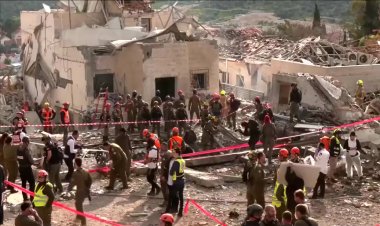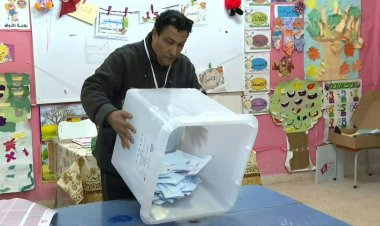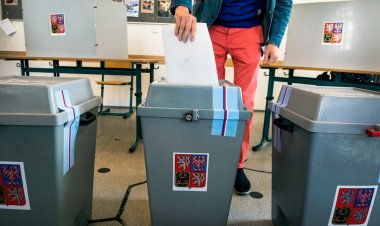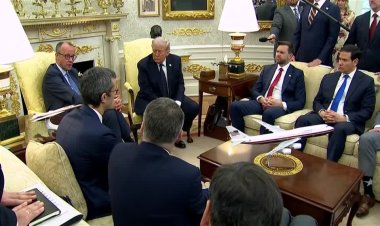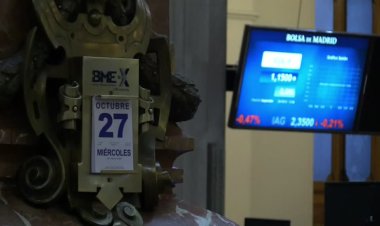Bangladesh Supreme Court Reduces Controversial Job Quota
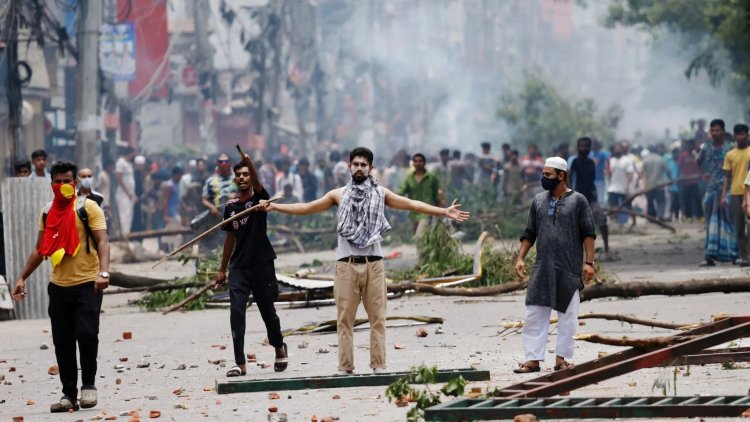
Bangladesh’s Supreme Court has scaled back a controversial job quota system after nationwide unrest over the past week during which more than 100 people were killed, according to local media.
Students have been demanding an end to a controversial quota system that reserved 30 percent of government jobs for descendants of veterans who fought in Bangladesh’s war of independence in 1971. They say the quota favors allies of the governing Awami League party, which led the independence movement against Pakistan.
The Supreme Court ordered that the quota for veterans’ descendants be cut to 5 percent, with 93 percent of jobs to be allocated on merit. The remaining 2 percent will be set aside for members of ethnic minorities and transgender and disabled people.
Lawyer representing students, shah monjurul hoque, saying: "The Supreme Court's Appellate Division, according to article 104, gave a final solution to this quota system. That is 93 percent quota for general people, five percent quota for freedom fighters and their kin, one percent for ethnic minority community, and one percent for third gender and physically disabled."
Verdict comes after weeks of demonstrations – mostly led by students – that turned deadly after groups linked to the Awami League attacked protesters. Campaigners have accused the police of using “unlawful force” against protesters.
Earlier, the government of Prime Minister Sheikh Hasina imposed a curfew, called in the army and gave shoot-at-sight orders to quell the biggest protests since her re-election to a fourth successive term this year.
Since last week, universities have remained shut and Bangladesh has been cut off from the outside world due to a communications blockade. Violence continued to escalate as police used tear gas, fired rubber bullets and hurled smoke grenades to scatter stone-throwing protesters.





